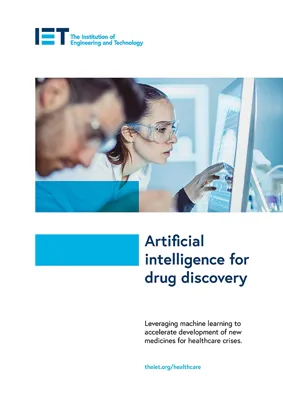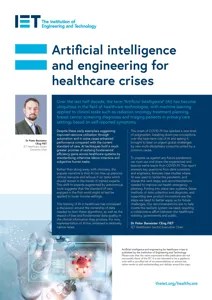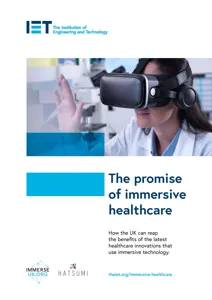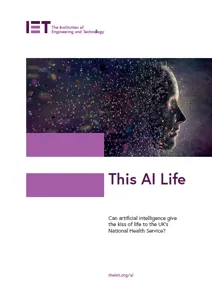Artificial intelligence for drug discovery

The global healthcare burden is growing, due to new infectious diseases, rising antimicrobial resistance, and ageing populations, while drug development for many diseases has become uneconomic. In our report, we discuss how artificial intelligence can help us address the central challenges in drug discovery.
In many ways, drug discovery and artificial intelligence (AI) are the perfect partners. From a data perspective, the requirement in pharma and biotech for the capability to search a vast number of candidate solutions for a match with the desired biological response lends itself naturally to machine learning (ML) approaches.
AI is playing a transformative role in medicine and drug discovery. The sheer size of the molecule libraries used to screen for new drug candidates means it is now practically impossible for individual researchers to review everything themselves. It is therefore not surprising that researchers and developers are now looking to the unparalleled data-processing potential of AI systems to make drug discovery a faster and less costly process.
For both payer and patient, the advantages on offer are reduced cost and time to identify target molecules, which promise to bring new therapeutics to market in a more responsive manner.
Urgent action is required to equip the pharmaceutical industry with the AI tools, business models, and finance it needs to meet today’s challenges. We set out recommendations to support the acceleration of AI for drug discovery and the reduction of attrition rates, ultimately making more novel drugs available to citizens, in a faster and cheaper way.
Read our report for more on harnessing AI to step up the production of new drug candidates, ground-breaking innovations, and the next steps needed to accelerate drug discovery.



